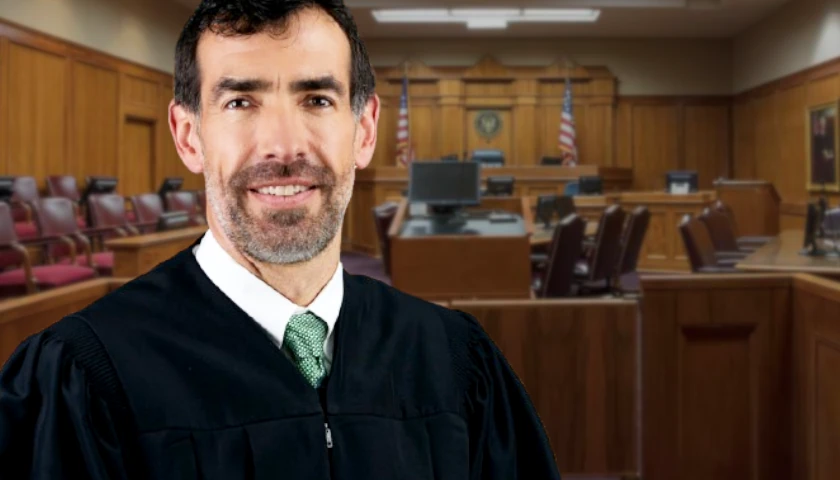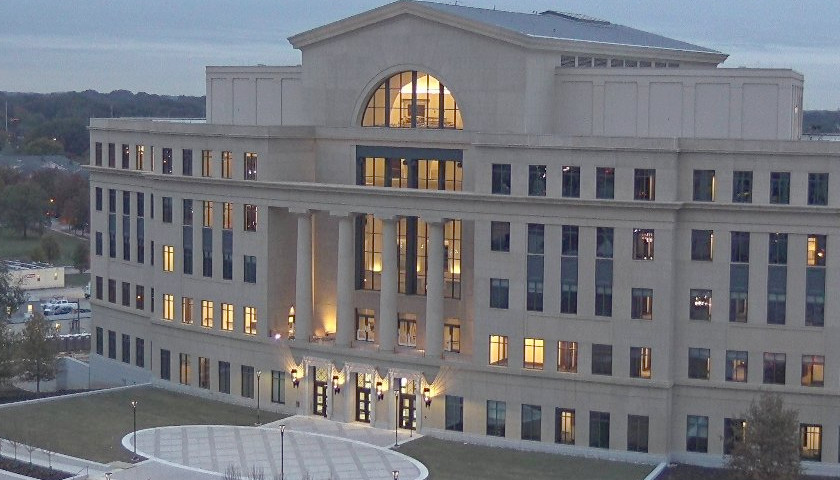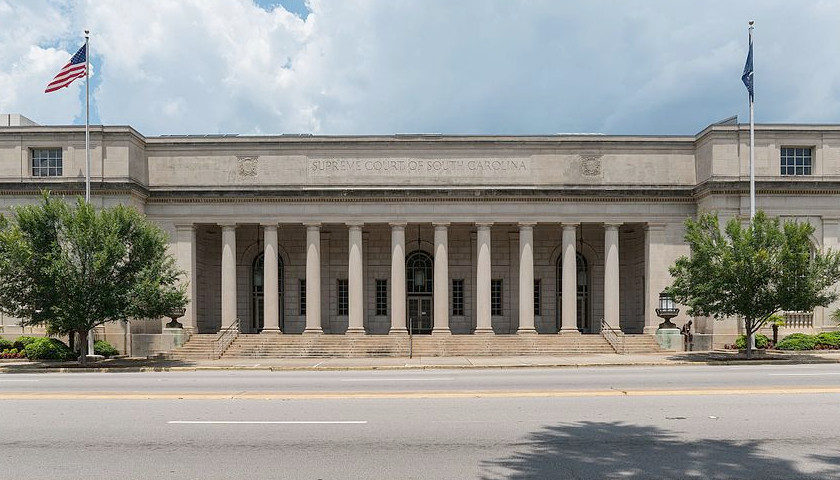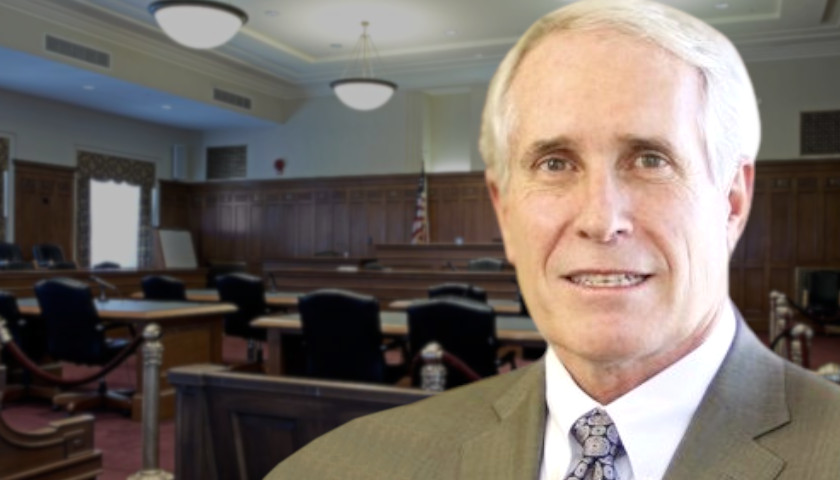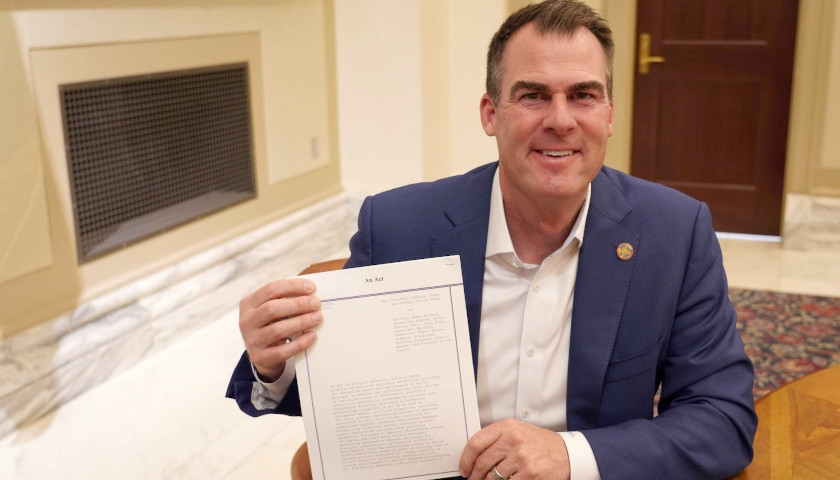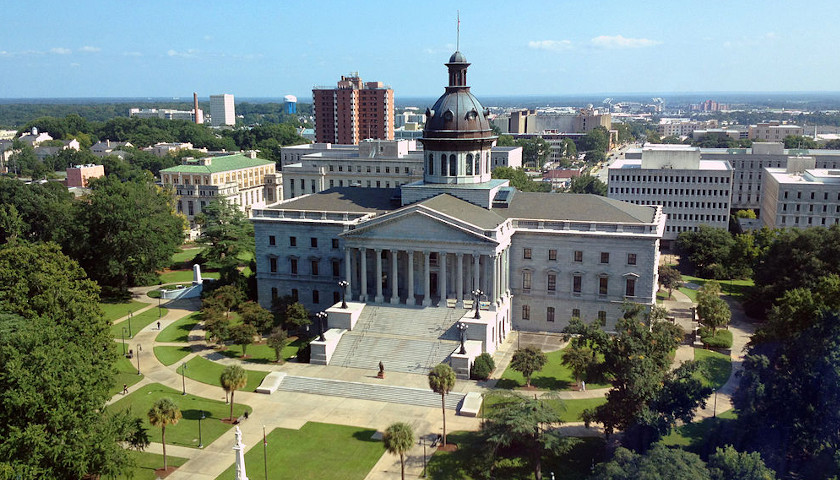A county superior judge declared on Monday that Georgia’s six-week abortion ban is unconstitutional and unenforceable under the state’s constitution.
Fulton County Superior Court Judge Robert McBurney ruled that the law breaches the Georgia Constitution, arguing that it’s protection of liberty includes allowing women to obtain an abortion up to the point the child is viable outside the womb, free from state interference, according to The Associated Press. The law, which had been effective since 2022, limited abortion access by prohibiting the procedure once fetal cardiac activity could be detected, often around six weeks into pregnancy.
Read More
